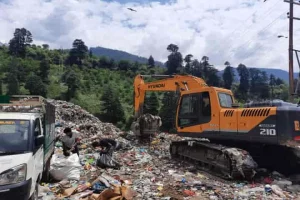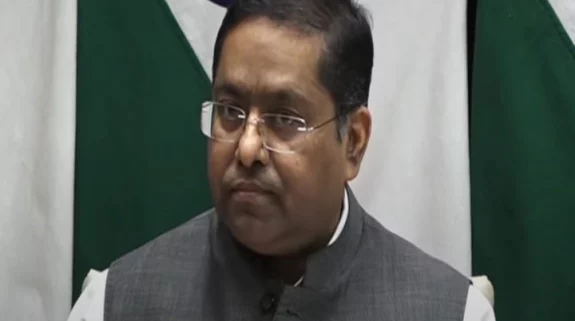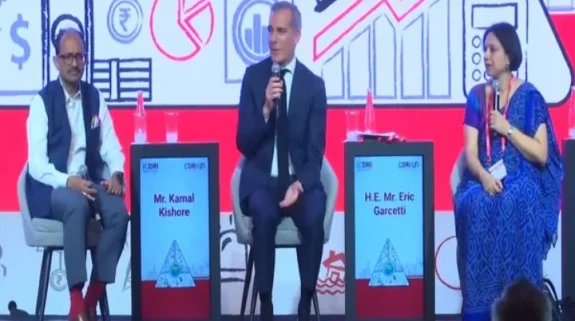The US takes the top position in contributing to global plastic waste, says a new report submitted by the Congress to the US government. It has called for developing a national strategy to tackle the plastic crisis.
In 2016, the US contributed around 42 million metric tons (MMT) of plastic waste–more than twice as much as China and more than all of the European Union (EU) combined.
The study conducted by the National Academy of Sciences is titled 'Reckoning with the US Role in Global Ocean Plastic Waste'. It was mandated by the Congress as part of the US law – Save Our Seas 2.0.
Margaret Spring, chief science officer of Monterey Bay Aquarium, who chaired the committee said: "The success of the 20th century miracle invention of plastics has also produced a global scale deluge of plastic waste seemingly everywhere we look".
The report seems to highlight that the developed world is way ahead in generating plastic pollution.
An American generates almost 130 kg plastic waste every year, followed by the UK with 99 kg and South Korea at 88 kilos per year.
Christy Leavitt, Oceana's plastics campaign director, told news agency AFP: "The finger-pointing stops now. We can no longer ignore the United States' role in the plastic pollution crisis – one of the biggest environmental threats facing our oceans and our planet today".
The report could put pressure on the Joe Biden administration as cleaning up the world's environment is a pet project of the US President. Biden has been putting pressure on governments across the world to tackle climate change and rein in global warming.
Significantly, the report has highlighted that it is not just an environmental crisis but also a social crisis which is impacting inland and coastal communities, polluting all water bodies, placing economic burden on communities and endangering wildlife.
The rise of plastics in our environment is also impacting the food supply for humanity, says the report.
The report offers suggestions to tackle plastics–reducing production of virgin plastics, using materials that degrade faster and increasing use of materials that can be recycled easily.
It also suggests reducing certain single-use plastics and improving waste management techniques. The report says that microplastics should be removed from wastewater and direct dumping of plastic into the ocean should be tackled.
In a challenge to the Biden administration, the report asks for the formulation of a national strategy by year 2022.
Climate envoy Kerry wraps up power packed India visit, promises support on green tech




















